 Foursquare begets Swarm, a mobile app that enables users to keep up and meet up with their connected friends. The check-in experience is largely the same, but new passive tracking allows for Neighborhood Sharing — which you can enable or disable with a swipe. Techcrunch describes the larger trend represented by Swarm and other invisible apps, as they move from a battle for the real estate on your home screen to just-in-time surfacing of contextual offers. Fun detail: your friends are defined as “right here” (500 feet), “a short walk away” (1.0 miles), in the area (20 miles), or “far, far away.”
Foursquare begets Swarm, a mobile app that enables users to keep up and meet up with their connected friends. The check-in experience is largely the same, but new passive tracking allows for Neighborhood Sharing — which you can enable or disable with a swipe. Techcrunch describes the larger trend represented by Swarm and other invisible apps, as they move from a battle for the real estate on your home screen to just-in-time surfacing of contextual offers. Fun detail: your friends are defined as “right here” (500 feet), “a short walk away” (1.0 miles), in the area (20 miles), or “far, far away.”- Do you have people you like to follow on Twitter, but whose streams become insufferable during Bruins playoffs, Game of Thrones finales, or SXSW? Or people you feel professionally obliged to follow? Now you can mute them, because Twitter really, really wants to retain its user base. Here’s how.
- Digital thinkers opine on the internet of things. Most agree on the inevitability of a “global, immersive, invisible, ambient networked computing environment …in a world-spanning information fabric known as the Internet of Things.” Opinions vary more on the benefit of ubiquitous data collection versus the associated risk of surveillance and tracking.
- In case you missed it, Jonathan Zittrain wrote a compelling editorial on this week’s ruling that Europeans have a limited “right to be forgotten” by search engines like Google. Bottom line: it’s a bad solution to a real problem.
- Pinterest begins its “tasteful” and “transparent” rollout of Promoted Pins, aka ads. With over 750 million boards and 30 billion pins, even a slow rollout represents a huge revenue opportunity for Pinterest (as investors behind its brand-new $200M round would agree).
Weekend fun: Watch P.J. O’Rourke offer his hilarious, skeptical view on the “dark, Satanic mills” that exemplify our current state of technology.
Every Friday, find five, highly subjective links about compelling technologies, emerging trends, and interesting ideas that affect how we live and work digitally.

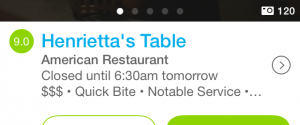
 For a few years now, Foursquare has felt like a location data layer in search of a business model. The company just announced a move toward a more explicit user value proposition by
For a few years now, Foursquare has felt like a location data layer in search of a business model. The company just announced a move toward a more explicit user value proposition by 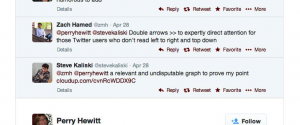
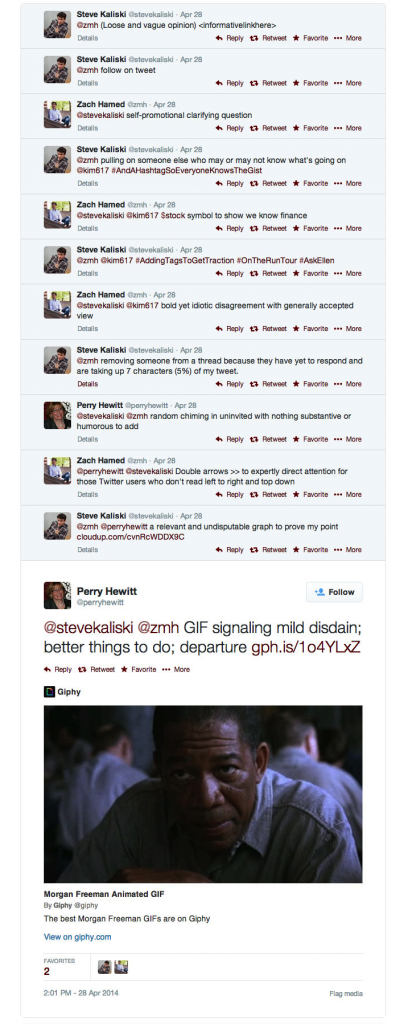

 Now that we’re all shooting more photos and videos than ever before,
Now that we’re all shooting more photos and videos than ever before, 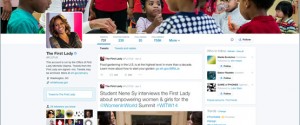
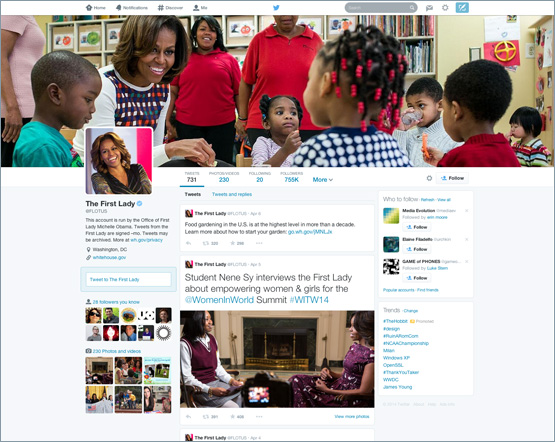


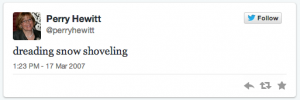
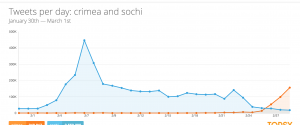
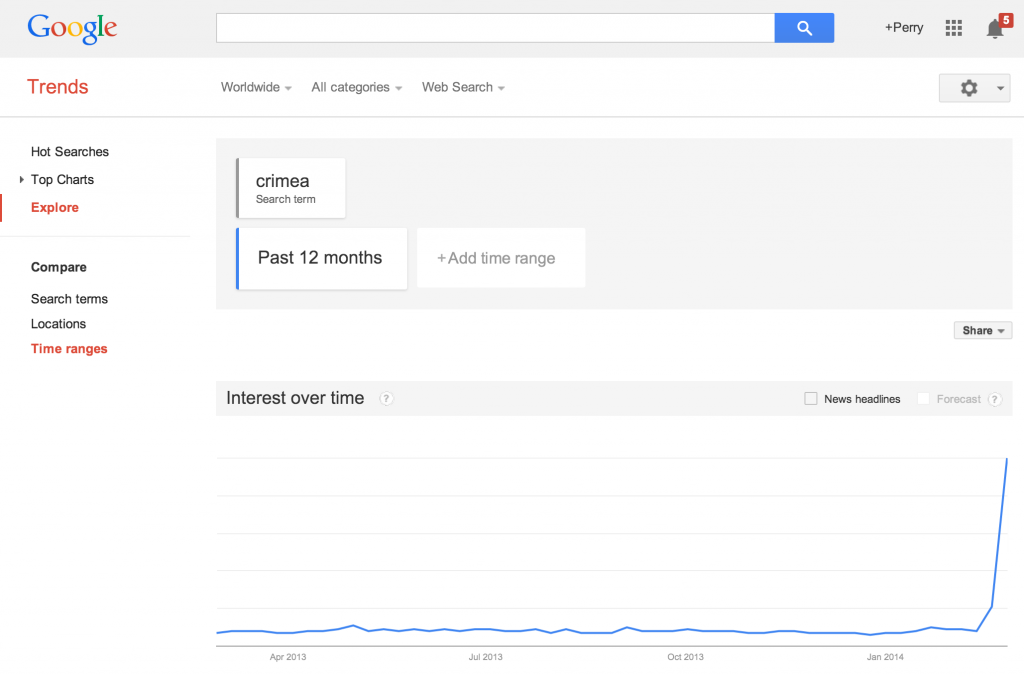
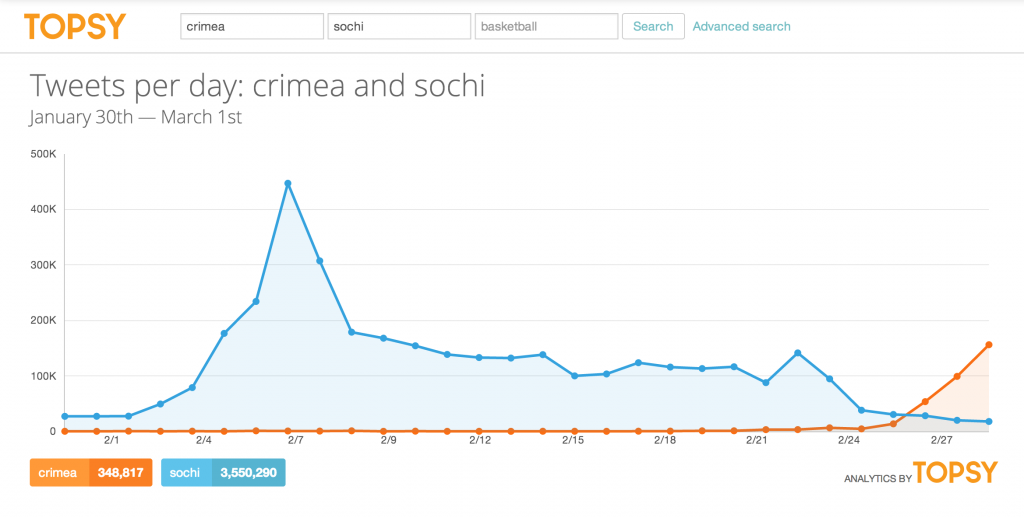
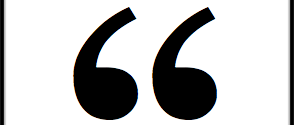

 新年快乐 — or, Happy New Year! Tencent’s WeChat has greeted the year of the horse by allowing users to
新年快乐 — or, Happy New Year! Tencent’s WeChat has greeted the year of the horse by allowing users to 
 If you’re not shivering right now, perhaps you were at CES in Vegas this week. Among the loveliest of launches is
If you’re not shivering right now, perhaps you were at CES in Vegas this week. Among the loveliest of launches is